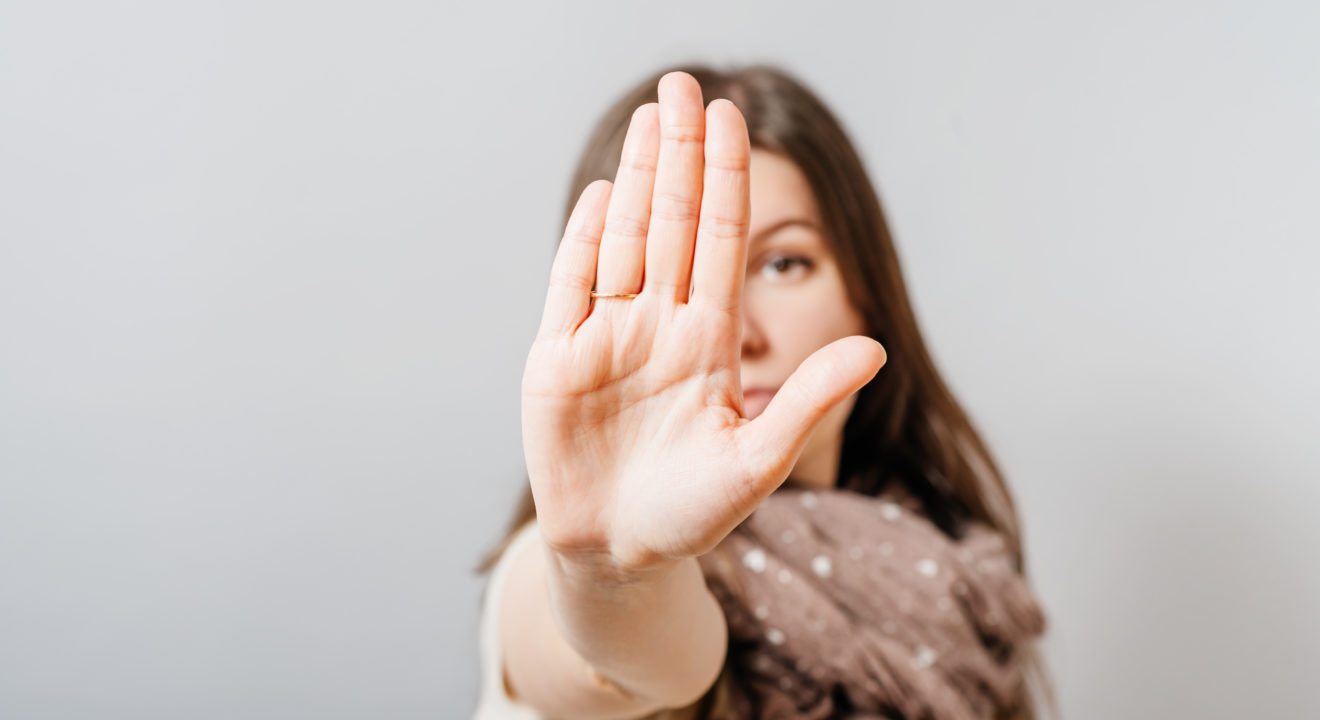Relationships November 27, 2016


I was standing in the middle of the grocery store on a Sunday morning by the produce section. As I placed a few stalks of celery into my cart, my grandmother called. She asked me if I could get together for dinner on Wednesday night with my dad and uncles. Without thinking, I immediately replied and said, “Yes, I can do dinner on Wednesday!”
And then, when I hung up the phone with her, I felt a huge hammer beating down on my shoulders. I realized I had just overbooked my week – the week hadn’t even started, but somehow I had two dinners, two lunches, and one shopping trip planned in between my school schedule. This left me with little to no time to actually work, to actually sit on my couch and take a breather, to have quality time with my fiancé or even to sleep.
I called my mom freaking out – I was having a borderline anxiety attack near the milk. I screamed that people need to leave me alone so I could sleep in for a morning, so I could just do nothing for a few hours. She said, “Well, tell them no.”
I have always been a “yes” person. It’s always a “yes” to dinners, lunches, favors, errands or coffee. But with my mom’s words, I realized that saying “yes” is a people-pleaser move that usually leaves everyone else happy and you discontented.
I remember the first time I really said “no.” My mom planned a trip to Paris for herself, my sister and me. This was at a time when my family dynamics weren’t so stable. I was going through some stuff and Paris (even in all of its romantic glory) felt more like an anxiety than a luxury. My therapist agreed and advised me to stay.
Four days before our trip to Paris, I told my mom, “I am sorry. I can’t go to Paris anymore. I have to say no to this trip.” I said no to Paris.
And as crazy as that sounds, something shifted within me. It felt as if my hands were on the wheels of my life and I was steering for the first time and that my schedule was my decision. Heck, I felt empowered! Oftentimes, especially as women, we are taught to please others. We avoid confrontation and conflict. We are the peacemakers. But when we play that role, we forget to take care of ourselves. We forget that we have the power to control our own lives.
When you say “No, I cannot make that lunch today,” what you are really doing is putting yourself first. You are valuing your life, your stress levels and your needs.
With the power of saying “no” comes the realization that always saying “yes” was pleasing others but depriving yourself. When I always said “yes,” I didn’t realize that I also deserved to feel secure and happy. I just thought others around me had to feel that way.
You don’t owe people explanations of why you can’t meet up or go to that event. The power of “no” will give you that control over your own self. It will also give you the confidence to understand and believe that you are worth a schedule that makes you happy. (Warning: don’t go too crazy with saying “no.”With my new liberated expression, I had a lot of catching up to do…maybe too much catching up.)
Before I left the grocery store, I called everyone up and cancelled. I apologized (because cancelling is never cool) and explained that I lost my core way and that I overbooked myself. I explained that myself, work and school need to come first this week and that I would reach out as soon as my time was more open.
Everyone understood. Everyone told me to take care of myself. No one was upset.
I breathed. I went home, cooked lunch and scheduled my time management plan for the week with a freeing, empowered attitude that allowed me to just breathe.